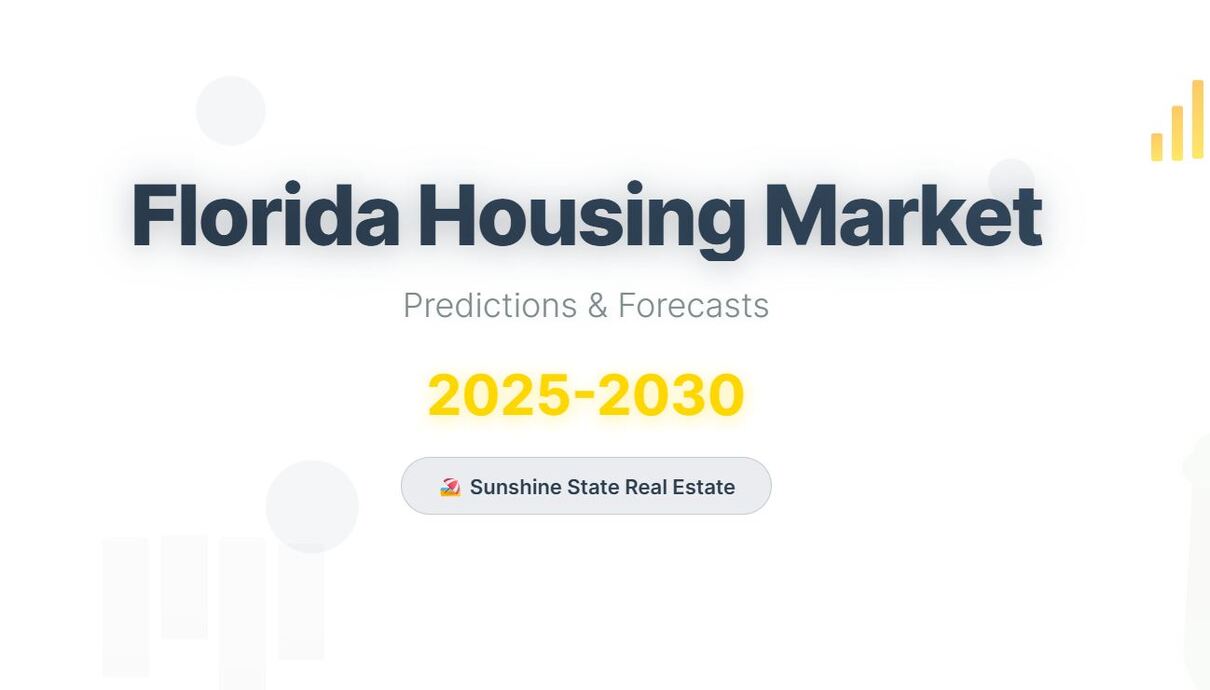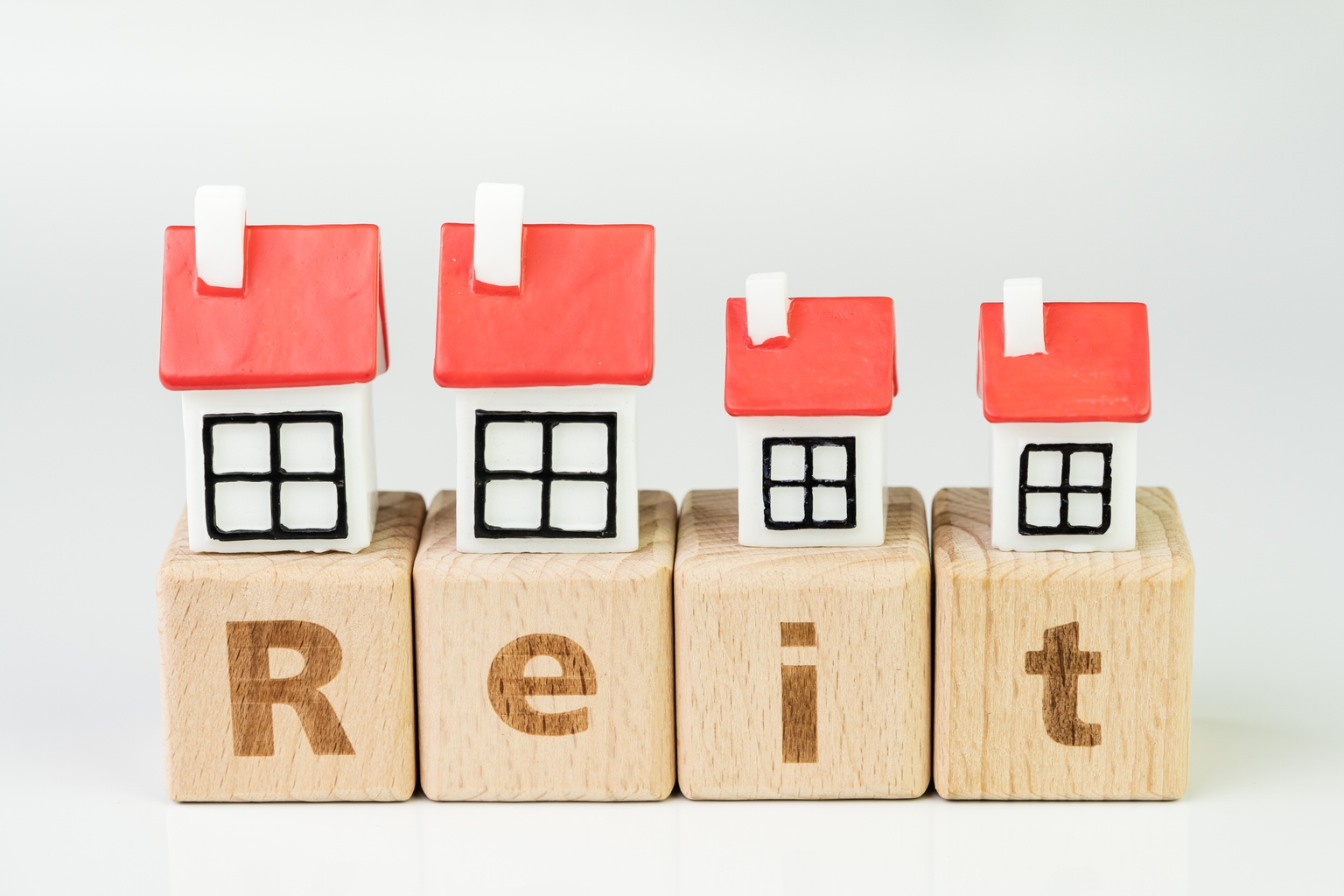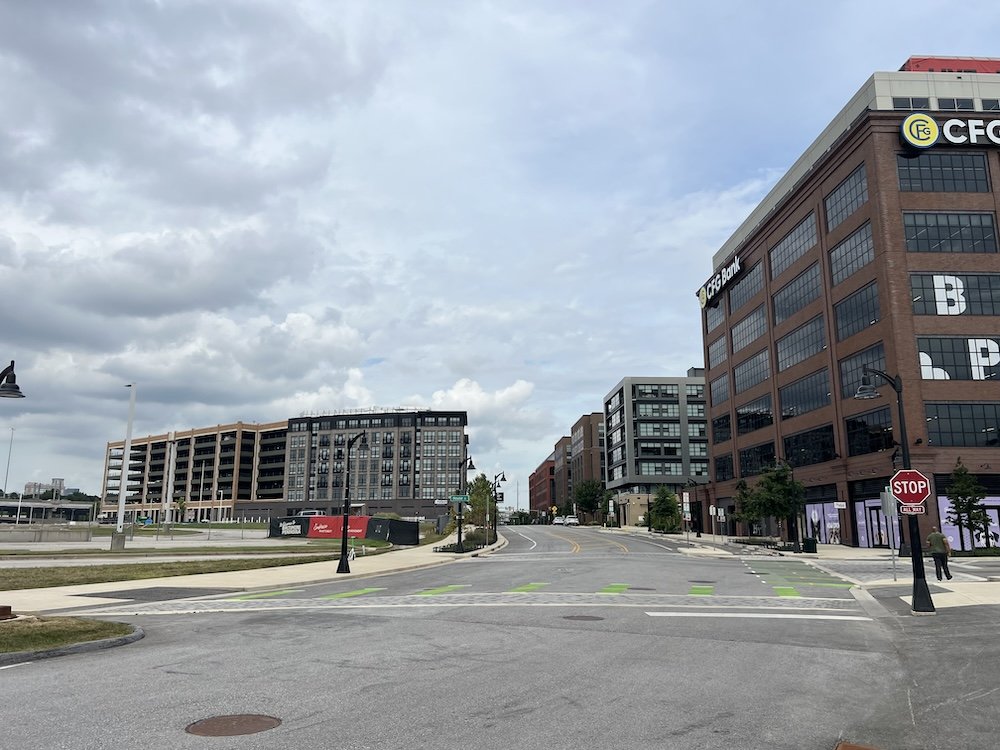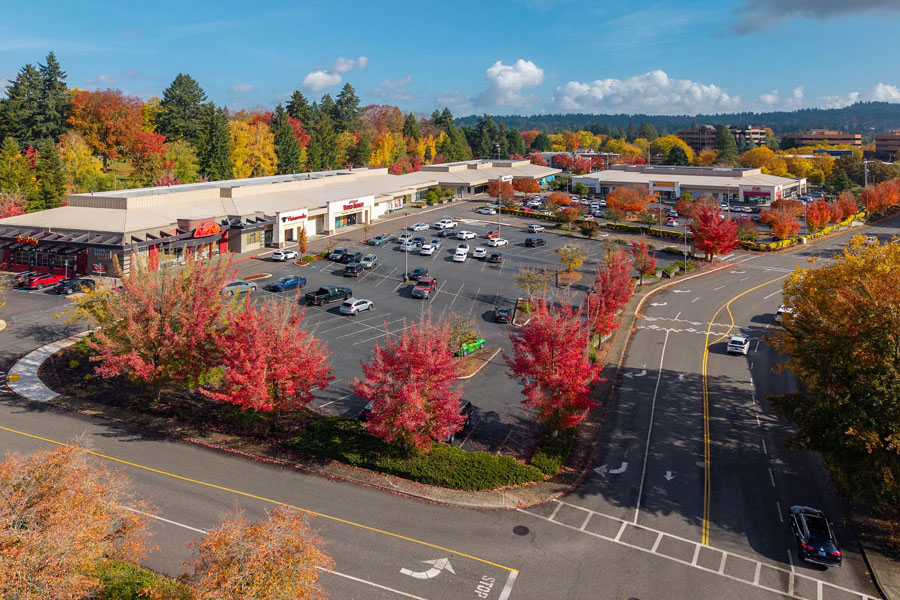T
he Florida housing market is at a crossroads, with some predicting a burst of the real estate bubble and others expecting a continued rise in median home prices. According to recent data from Florida Realtors, the market has started to stabilize, with prices leveling off and inventory increasing. As of May 2025, the median home price for single-family homes is $415,000, down 2.7% from last year, while condos and townhouses have seen a more significant drop of 6.1%. Inventory levels are also improving, with a 5.6-month supply of single-family homes and a 10.3-month supply of condos and townhouses.
Several factors are driving the Florida housing market, including population growth, economic expansion, interest rates, inventory increases, affordability issues, and climate change risks. Despite these challenges, experts predict a robust recovery in the long term, with median home prices potentially reaching $470,000 to $500,000 by 2030.
In the short term, expect a period of adjustment from 2025-2026, with prices possibly dipping slightly in some over-valued areas. However, after the dust settles, population growth and economic drivers will fuel a gradual rebound, leading to a steady climb in house prices. It's essential to note that Florida is not a single market, but rather a collection of regional markets with varying characteristics.
Buyers have a window of opportunity to negotiate, while sellers should be realistic about pricing. It's crucial to consider factors like location, flood risk, insurance costs, and HOA financials when making investment decisions. By doing their homework and seeking advice from local experts, buyers and sellers can navigate the shifting Florida housing market with confidence.
In terms of regional variations, Miami and Fort Lauderdale are expected to remain strong due to international demand, but high insurance rates and condo regulations may pose challenges. Orlando and Tampa will likely experience relatively stable markets due to good job growth, while areas hit hard by hurricanes like Southwest Florida may see bargains in the short term but face potential repair costs and long-term risks. Jacksonville and Naples offer a mix of affordability and luxury, creating different opportunities for buyers.
Ultimately, the Florida housing market is shifting, not collapsing, and its fundamental appeal will likely drive a steady recovery. By being aware of the regional variations and taking a long-term view, investors can make informed decisions and capitalize on the state's enduring popularity.














